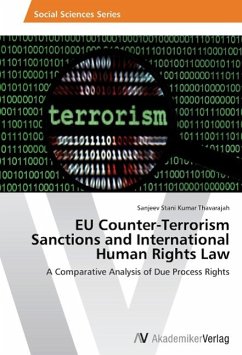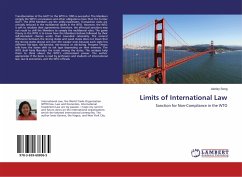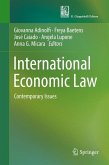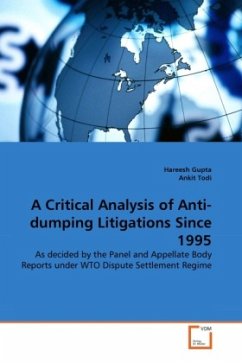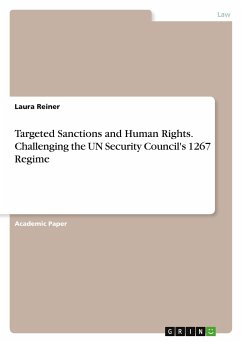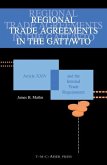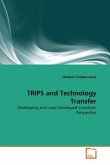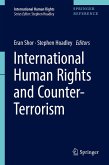In the aftermath of the 9/11 attacks European states have utilised the full force of the law in order to target those persons and entities that are either associated or linked to Al Qaida and other terrorist organisations. As a result, sanction mechanisms have been implemented on both the UN and EU level against individuals and entities that lack fundamental human rights protection. Arguably, while fighting terrorism on their soil, EU member states have been willing to sacrifice due process guarantees in their urge to combat terrorism. As a result, the assets of sanctioned individuals have been frozen, thereby stripping these individuals of financial resources necessary for everyday life. Sanjeev Thavarajah pleads in his work for the introduction of the same due process rights that are normally provided for criminal trials, in order to enable the sanctioned individuals and entities to profit from the higher standards provided for in criminal cases. As indicated in the title, thisbook will discuss the EU counter-terrorism sanctions regime in the context of international human right law. A special focus will also be given to the UN sanctions regime.

